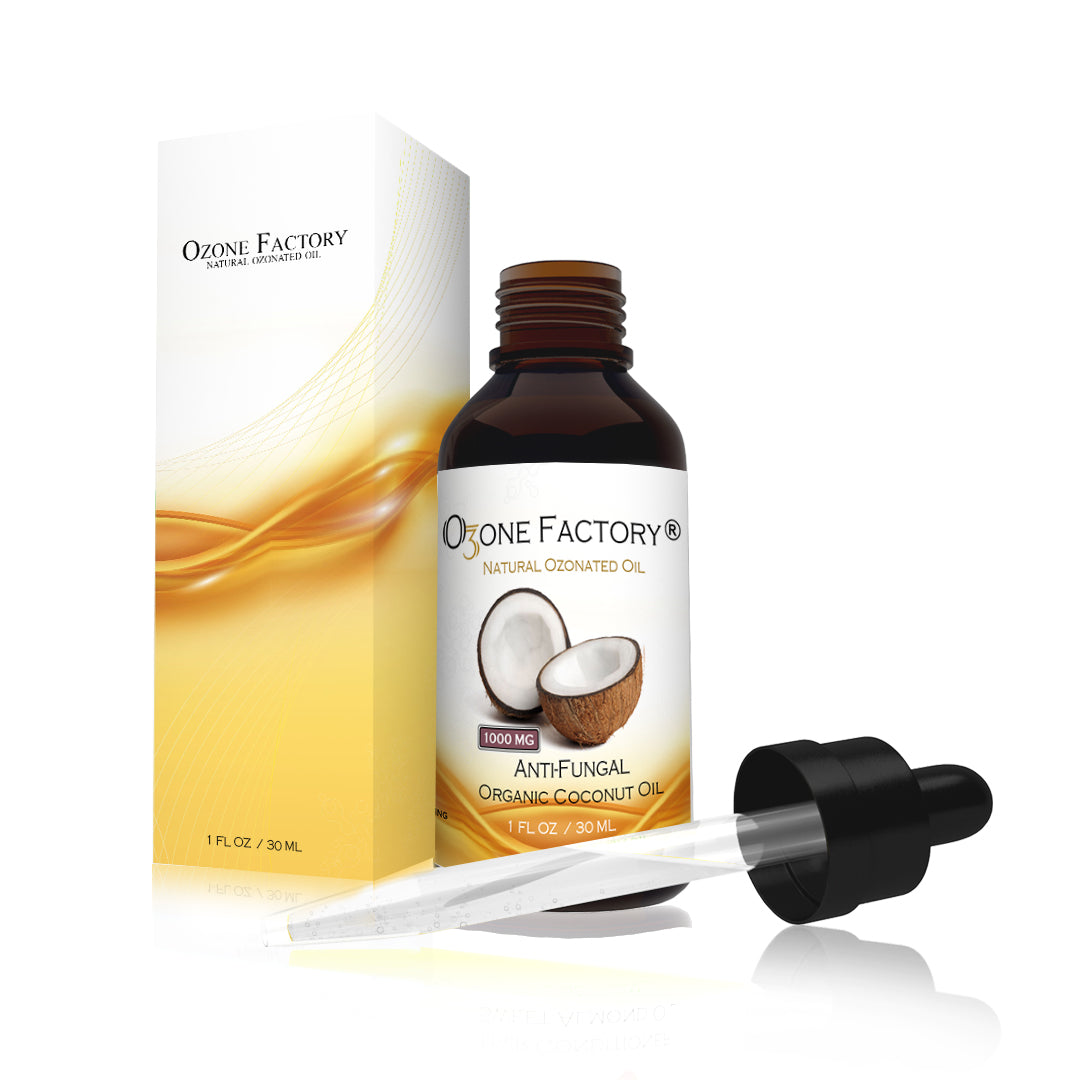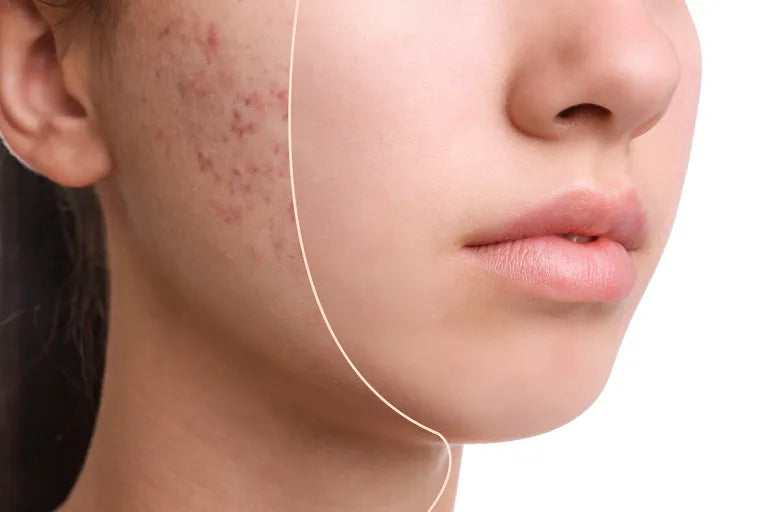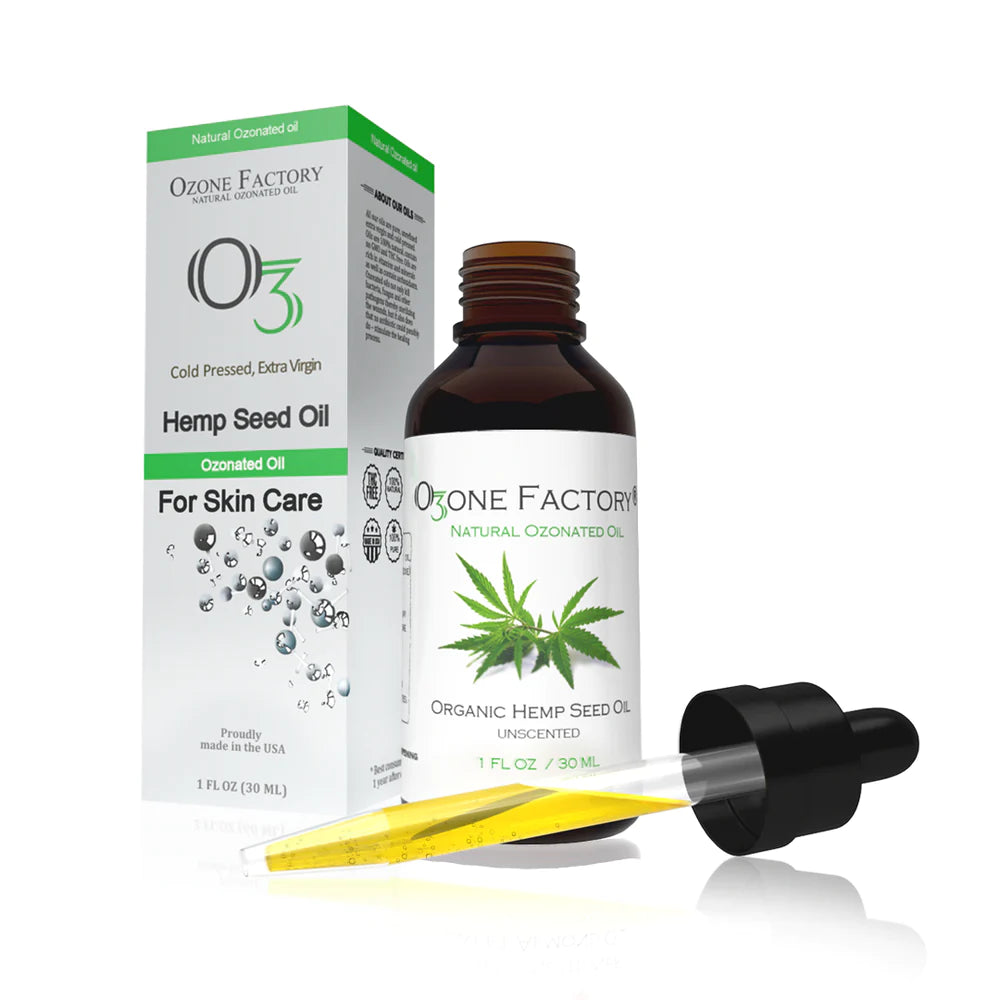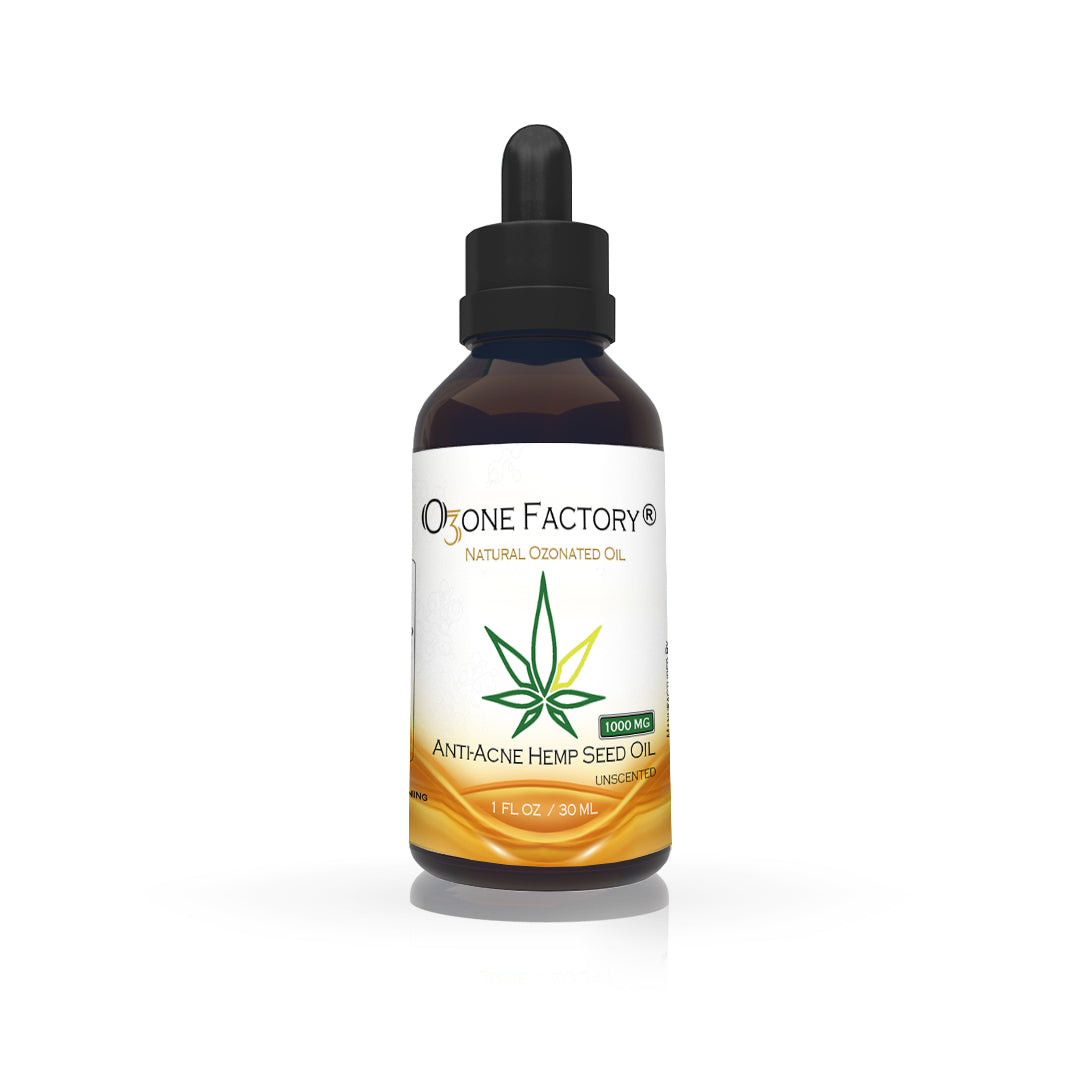
The Diversity of the Skin Microbiota
The skin, being in direct contact with the external environment, is exposed to a multitude of microorganisms from various sources. While the skin is not a hospitable environment for many bacteria due to its acidic pH, dryness, and innate immune defenses, certain areas of the skin provide suitable conditions for microbial colonization. These areas include moist regions like the armpits, groin, and feet, as well as oil-rich areas like the face, scalp, and back.
The most abundant and diverse group of microorganisms found on the skin are bacteria. Predominant bacterial genera on the skin include Staphylococcus, Streptococcus, Corynebacterium, and Propionibacterium. Additionally, various fungal species, such as Malassezia, Candida, and Trichophyton, can also be found, albeit in lower numbers.

Functions of the Skin Microbiota
The skin microbiota performs a wide range of functions that contribute to the overall health of the skin and the host:
-
Barrier Protection: The skin microbiota forms a natural barrier, preventing the colonization of harmful pathogens by occupying ecological niches and competing for resources.
-
Immune System Modulation: The skin microbiota interacts with the host's immune system, helping to educate and train it to recognize and respond appropriately to harmless and harmful microorganisms.
-
Nutrient Metabolism: Microorganisms on the skin can metabolize substances in sweat and sebum, producing byproducts that can have antimicrobial or immunomodulatory effects.
-
pH Regulation: Certain skin bacteria can influence the skin's pH levels, creating an environment that is less favorable for the growth of pathogenic organisms.
-
Inflammation Regulation: The skin microbiota can influence the skin's inflammatory responses, helping to manage inflammatory skin conditions.
-
Protection against Pathogens: Some skin bacteria produce antimicrobial substances that can directly inhibit the growth of harmful pathogens.
Influence of External Factors on the Skin Microbiota
The composition and diversity of the skin microbiota are influenced by various external factors, including:
-
Hygiene Practices: Frequent washing with soap and water can disrupt the natural balance of the skin microbiota, leading to changes in its composition.
-
Environment: Climate, humidity, and exposure to pollutants can influence the types of microorganisms present on the skin.
-
Personal Care Products: The use of cosmetics, lotions, and other skincare products can introduce new microorganisms or alter the skin's pH, impacting the microbiota.
-
Lifestyle and Diet: Factors such as diet, stress, and sleep patterns can indirectly influence the skin microbiota through their impact on the host's immune system and skin health.

Influence of Ozonatated Oils on Human Skin Microbiota
When applied to the skin, ozonated oils can interact with the human skin microbiota in several ways:
-
Antimicrobial Effects: Ozone is a powerful antimicrobial agent that can directly kill or inhibit the growth of various microorganisms, including bacteria, fungi, and viruses. When ozonated oils are applied to the skin, the released ozone can target and reduce the populations of harmful microorganisms present on the skin's surface. This antimicrobial effect may help in managing skin infections and maintaining a healthy skin microbiota balance.
-
Regulation of Microbial Diversity: The antimicrobial properties of ozonated oils can help restore the natural balance of the skin microbiota by reducing the overgrowth of certain pathogenic microorganisms. By controlling the growth of harmful bacteria and fungi, ozonated oils may create an environment conducive to the growth of beneficial microorganisms, leading to a more diverse and balanced skin microbiota.
-
Anti-inflammatory Effects: Ozone is known for its anti-inflammatory properties, and when infused into carrier oils, ozonated oils can help reduce skin inflammation. By minimizing inflammation, ozonated oils may create a more favorable environment for the skin microbiota to thrive, as inflammation can disrupt the microbial balance and contribute to the development of certain skin conditions.
-
Support for Wound Healing: Ozonated oils have been studied for their potential to accelerate wound healing. When applied to wounds, the antimicrobial and anti-inflammatory properties of ozone may help prevent infection and reduce inflammation, promoting a healthier wound healing process. A well-balanced skin microbiota is essential for wound healing, and the use of ozonated oils may positively influence the microbiota during this critical phase.
-
Modulation of the Skin Immune System: Ozone has immunomodulatory effects, and its application through ozonated oils can influence the skin's immune response. This modulation can potentially enhance the skin's ability to respond to microbial challenges and maintain a healthy skin microbiota.
It is important to note that while ozonated oils have shown promise in various skin applications, their impact on the skin microbiota is still an area of ongoing research. The effects of ozonated oils on the skin microbiota may vary depending on factors such as the concentration of ozone in the oil, the type of carrier oil used, and individual variations in the skin's microbiota.

In conclusion, ozonated oils can influence the human skin microbiota through their antimicrobial, anti-inflammatory, and wound-healing properties. By promoting a healthy microbial balance and supporting the skin's immune response, ozonated oils have the potential to contribute positively to overall skin health. However, further research is needed to fully understand the specific mechanisms by which ozonated oils interact with the skin microbiota and their long-term effects on skin health and microbial diversity.






